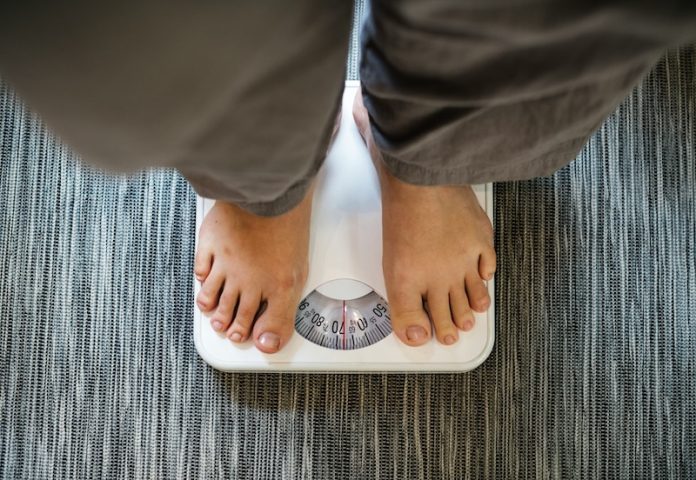
Diabetes is a condition where there is too much sugar in the blood. If not managed well, it can get worse over time, making it harder for the body to control sugar levels. Doctors often use medicine to help, and one of these medicines is called semaglutide. It works by helping the body manage blood sugar and also makes people feel less hungry, which can lead to weight loss.
A large study led by Dr. John Buse and other researchers looked at how well different doses of semaglutide worked for people with type 2 diabetes. The study was published in the well-known medical journal The Lancet and included over 1,600 people. Most of them were men around 58 years old. The study ran for one full year.
The people in the study were split into three groups. Each group took a different daily dose of semaglutide: 14 milligrams (mg), 25 mg, or 50 mg. At the beginning of the study, everyone had high blood sugar, with an A1C level between 8.0% and 10.5%.
The A1C is a number doctors use to show how high a person’s blood sugar has been over the past few months. A healthy target for most adults is below 7%.
At the end of the year, the people who took the higher doses—25 mg or 50 mg—were more likely to bring their A1C below 7%. This means their blood sugar was much better controlled than those who took just 14 mg. The study showed that bigger doses improved blood sugar levels more.
Weight loss was another important result. People who took 50 mg lost about 17.5 pounds on average. Those who took 25 mg lost about 14.8 pounds. And the group who took 14 mg lost around 10 pounds. So, while even the smaller dose helped, the larger doses worked better for weight loss.
Dr. Buse explained that small doses are already very good at lowering blood sugar, but larger doses do a better job at helping people lose weight.
However, there were some side effects. The most common issue was stomach problems, especially feeling sick or wanting to throw up. Some people also had diarrhea or constipation. These side effects were more common with the higher doses. This is something doctors need to consider when deciding how much of the medicine to prescribe.
In summary, semaglutide is helpful for people with type 2 diabetes. It can lower blood sugar and help with weight loss. The higher doses—25 mg and 50 mg—show even better results, but they may also cause more stomach side effects. People taking this medicine should talk to their doctor about what dose is right for them.
This study adds to the growing research on diabetes treatment. Other studies have looked at how diabetes can affect sleep and vision, and how certain drugs may help prevent kidney failure in people with diabetes.
There is also research showing that eating blueberries can help people with metabolic problems, and that vitamin D might lower the risk of serious complications in people with type 2 diabetes.
The full study was published in The Lancet, a leading journal for medical research.
If you care about diabetes, please read studies about diabetes and vitamin B12, and the right diet for people with type 2 diabetes.
For more health information, please see recent studies about how to eat smart with diabetes, and turmeric and vitamin D: a duo for blood pressure control in diabetic patients.
Copyright © 2025 Knowridge Science Report. All rights reserved.



